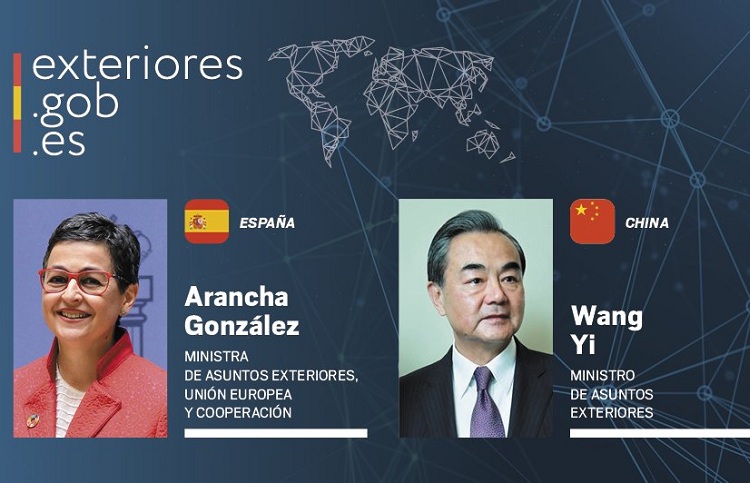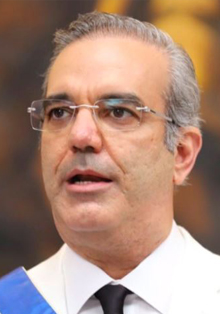The Diplomat
The Minister of Foreign Affairs, Arancha González Laya, had a telephone conversation yesterday with her Chinese counterpart, Wang Yi, who warned that issues related to Xinjiang and Hong Kong are “China’s internal affairs” and demanded that the European Union refrain from “interfering in China’s internal affairs”.
As reported by the Ministry of Foreign Affairs, González Laya and Yi addressed “the main aspects of bilateral relations”, as well as “relations between the European Union and China, and regional and multilateral issues, including Human Rights, Hong Kong, climate change and biodiversity and international trade”. In addition, the Minister highlighted the “frank dialogue” that Spain has maintained with China as “strategic partners” in the last year, despite the difficulties caused by the pandemic, and accepted the invitation to visit China when health circumstances permit.
For its part, the Chinese Ministry of Foreign Affairs, which offered many more details about the conversation, reported that State Councilor and Minister Wang Yi assured González Laya that “China and Europe are partners, not rivals”, and that “China’s development is an opportunity, not a threat to Europe”.
He also warned that “issues related to Xinjiang and Hong Kong are China’s internal affairs”, so “China strongly urges the European side to exercise caution and refrain from interfering in China’s internal affairs in any way” because “doing so will only undermine mutual trust between China and the EU, and is not in the interests of the EU as a whole or the interests of the Member States”.
The telephone conversation between Gonzalez Laya and Yi came at a time of high tension between China and the European Union after the EU Foreign Affairs Council resorted on March 22 to its Comprehensive Sanctions Regime for human rights violations to act against several Chinese officials involved in arbitrary mass arrests of Uighurs in the Xinjiang region of China. These are the first sanctions against China since 1989, when the then European Community banned arms exports to the Asian giant due to the Tiananmen massacre.
Xi Jinping’s government has reacted strongly against these sanctions, which it described as “serious interference in China’s internal affairs”, with the approval of similar measures against a dozen European citizens, including five MEPs, three national MPs and two academics, and against four entities. The Ministry of Foreign Affairs met days later with the Chinese ambassador in Madrid, Wu Haitao, to convey Spain’s “firm rejection” of the “disproportionate” measures adopted by Beijing. The Chinese representative responded that the European restrictions are based on “lies and misinformation about Xinjiang, ignore and distort the facts and brutally interfere in China’s internal affairs”.







